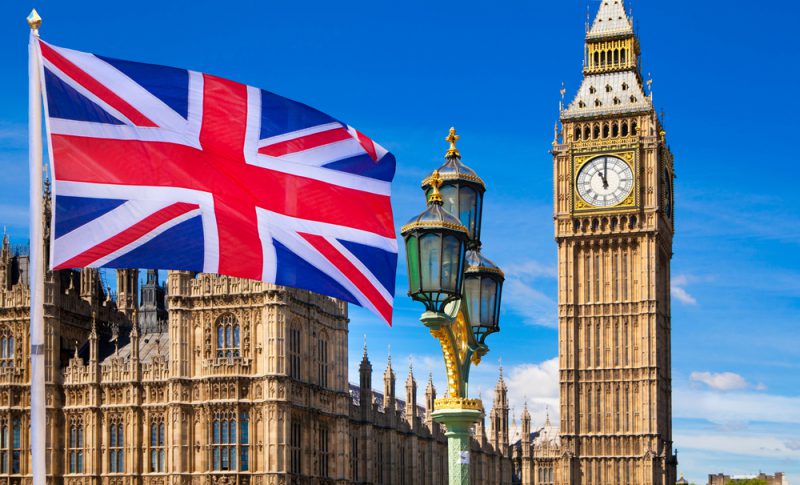The United Kingdom’s unemployment rate has fallen to a nearly five-decade low of 3.5%. However, the drop in unemployment was not driven by a rise in the labor workforce, but rather by the exodus of the same. The last time the UK saw this metric stoop to this level was in 1974.
The Office for National Statistics stated that the number of inactive people, i.e. people not working, and not looking for work, increased by 252,000 in three months from May. This is the biggest increase in inactive people ever since the UK began keeping these records, in 1971.
According to the government, 3.5% of adults (down from 3.6% the month before) were looking for jobs in the three months that ended in August. The Bank of England is concerned that the decreasing labor market would increase inflationary pressures. While it simultaneously attempts to quell the financial market instability brought on by the unfunded tax cuts and promises to abandon economic “orthodoxy” made by the incoming Prime Minister, Liz Truss.
In the months of June through August, the number of employed people fell by 109,000. While salaries without incentives increased by 5.4%. However, earnings increased by 6.0% when bonuses were taken into account. In the period from July to September, there were 1.246 million open positions, which was the lowest level since late 2021 but it was still substantial by historical standards.
Will the UK unemployment rate lead to more interest rate hikes?
Ruth Gregory, the economist at Capital Economics, stated,
“While there were tentative signs that the labour market is cooling from the red-hot conditions seen in recent months, the shortfall in labour supply is keeping it exceptionally tight.”
Gregory further added that the declining unemployment rate will put pressure on the Bank of England to aggressively increase interest rates over the coming months. Interest rates in the UK have increased from 0.1% last December to their current level of 2.25%. The next announcement is due on the 3rd of November, and investors are bracing themselves for another increase.
Kitty Ussher, the chief economist at the Institute of Directors, stated,
“The labour market remains extraordinarily tight with, for the first time ever, more vacancies in the economy than the number of people looking for work. Combined with such a low rate of unemployment and pay rises edging upwards, we see no reason why the Bank of England would pause its upward march of interest rate rises when it meets in early November.”





